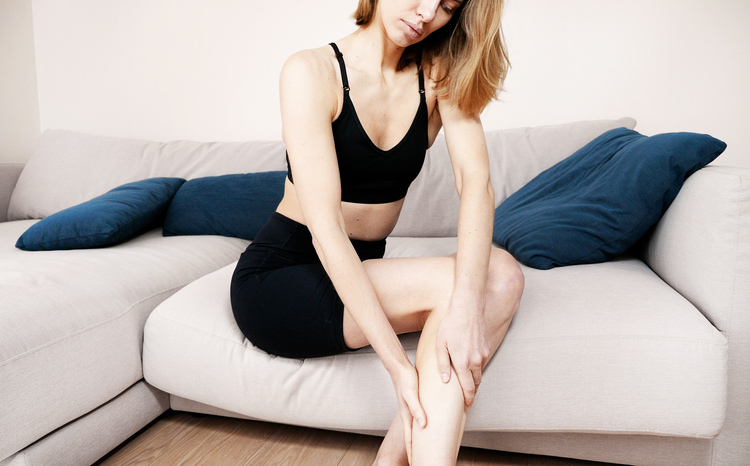You don’t have to be a marathon runner to want legs that feel lighter, stronger, and pain-free. For many people, varicose veins aren’t just a cosmetic concern; they’re a daily discomfort that can interfere with work, travel, sleep, and exercise. While procedures are available to treat advanced cases, making small, consistent changes in your daily routine can go a long way in managing symptoms and preventing new varicose veins from forming.
From the shoes you wear to how often you move throughout the day, your everyday choices play a bigger role in vascular health than you might think.
What Causes Varicose Veins?
Varicose veins develop when the valves in your veins weaken or fail, allowing blood to pool in the legs. This leads to enlarged, twisted veins that are visible beneath the skin’s surface. While heredity plays a role, lifestyle factors like prolonged sitting, inactivity, and excess weight significantly contribute to the development and progression of varicose veins.
People living across New England often face long commutes and sedentary workdays that can aggravate vein issues. The good news is that certain lifestyle changes can ease discomfort and help prevent new varicose veins from forming.
Daily Movement: Your First Line of Defense
One of the best things you can do for your veins is stay active. Regular movement improves circulation and strengthens the muscles that support your veins.
Try these simple strategies:
- Walk for 30 minutes a day. Even a brisk walk around your neighborhood or workplace helps pump blood through your legs.
- Avoid sitting or standing too long. Set a timer to stretch or walk around every 30–60 minutes.
- Flex your feet and ankles, especially useful during long flights, drives, or desk time.
Elevate Your Legs
Gravity plays a major role in varicose vein development. When you sit or stand for long periods, blood naturally pools in the lower extremities.
To counteract this:
- Prop your legs up above heart level for 15–20 minutes at the end of the day.
- Use a pillow wedge while sleeping to support better overnight circulation.
- Elevate your legs during work breaks or after workouts to help reduce swelling.
Wear Compression Garments
Compression therapy helps prevent blood from pooling in your legs and supports proper blood flow back to the heart. Today’s compression stockings are more comfortable and stylish than ever.
Compression stockings may help if you:
- Spend long hours on your feet
- Experience swelling or fatigue in your lower legs
- Have a family history of vein problems
Be sure to consult a vascular specialist in your local New England area to find the right compression level for your condition.
Stay Hydrated and Eat for Vein Health
What you put into your body matters. Hydration and a nutrient-rich diet help reduce inflammation and support vein strength.
Aim to include:
- High-fiber foods, such as oats, beans, and leafy greens, can improve circulation and reduce pressure on veins
- Antioxidant-rich fruits, like berries and oranges, can protect blood vessels
- Plenty of water to support healthy blood viscosity and reduce leg cramping
- Reduce salt intake to prevent fluid retention that contributes to swelling
Watch Your Weight
Excess weight increases pressure on your veins, particularly in your legs. This can lead to vein valve weakening and worsening symptoms.
Even a modest weight loss can significantly reduce discomfort and improve mobility. Focus on sustainable lifestyle changes, such as walking more, limiting processed foods, and choosing whole, nutrient-dense meals.
Choose the Right Footwear
Fashionable shoes aren’t always your veins’ best friend. High heels and unsupportive footwear can impair calf muscle function and blood flow.
Instead, choose:
- Low-heeled or flat shoes with arch support
- Sneakers or walking shoes for long periods of activity
- Avoid prolonged wear of narrow, tight-fitting shoes
When to See a Specialist
While lifestyle changes can go a long way, they may not completely eliminate varicose veins, especially if they’re already advanced. If you’re experiencing leg pain, swelling, or visible veins that worsen over time, a vascular specialist can provide options, including minimally invasive treatments like sclerotherapy or endovenous ablation.
Expert Vein Care Across New England
At The Vascular Care Group, we offer advanced, compassionate care to help patients manage varicose veins and other vein disorders. With locations throughout New England, our board-certified specialists provide innovative treatments and in-office procedures tailored to your needs.
Don’t wait until symptoms worsen. Schedule a consultation today and take the first step toward healthier, more comfortable legs.
